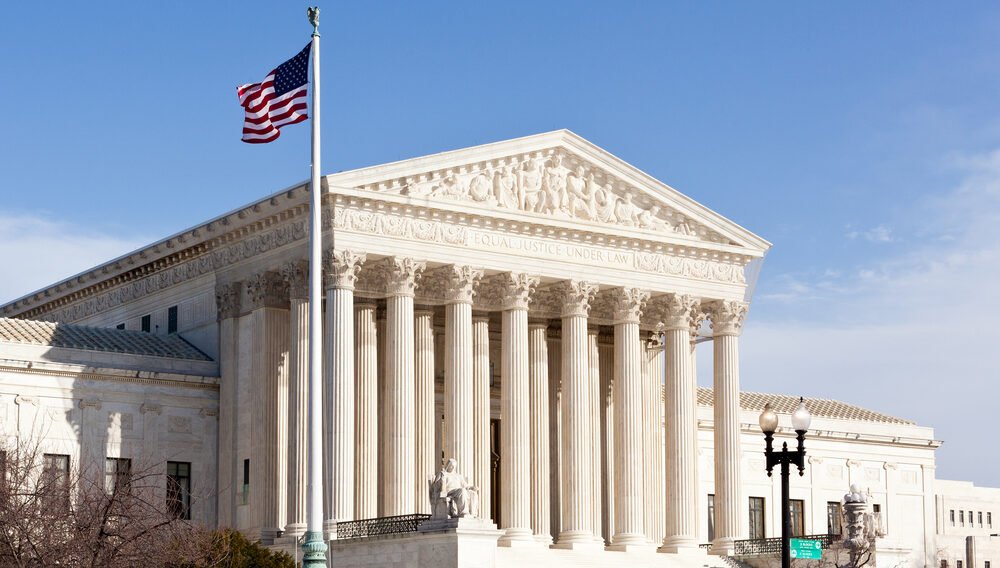U.S. Department of the Interior Urges Supreme Court to Reject Florida Sports Betting Challenge
The U.S. Department of the Interior (DOI) has formally urged the Supreme Court to deny a petition for a writ of certiorari by West Flagler Associates, aimed at challenging the legality of a sports betting compact between the Seminole Tribe of Florida and the State of Florida.

Arguments Presented by the DOI
In the filing, Solicitor General Elizabeth B. Prelogar articulated that the Indian Gaming Regulatory Act (IGRA), despite being enacted before the internet era, should be interpreted to support contemporary economic developments like internet-based sports betting.
The DOI defends the compact’s “hub-and-spoke” model, which treats bets as occurring on tribal lands if they are processed by servers situated on the reservation. This model, according to the DOI, aligns with federal law by confining approved gaming activities to Indian lands.
Contentions of West Flagler Associates
West Flagler Associates, alongside the owners of the Bonita Springs Poker Room, has contested the compact, asserting that it allows gambling outside tribal territories in violation of IGRA. They further claim that the compact contravenes the Unlawful Internet Gambling Enforcement Act (UIGEA) and breaches the Fifth Amendment by establishing a race-based monopoly.
The legal battle has seen fluctuating fortunes, with a district court initially siding with West Flagler by stating that the compact violated the “Indian lands” requirement of IGRA. However, this decision was overturned by an appeals court, which held that the compact’s mobile betting provisions did not constitute an expansion of betting locations but were instead a jurisdictional agreement concerning the processing of bets on tribal lands.
The DOI’s submission emphasizes that the compact does not infringe on UIGEA as it does not outline specific payment methods for online bets. Any future implementations, according to the DOI, must adhere to federal laws, ensuring that no UIGEA provisions are violated.
Recommended
